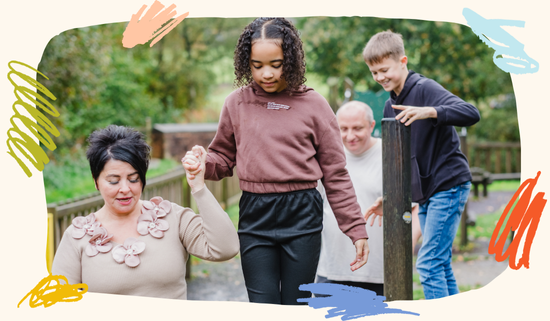What is fostering?
Foster carers welcome children and young people into their homes, when they are not able to live with their own family, a close relative or family friend. During that time, foster carers offer love, time, space, stability, safety and support.
Foster carers look after children in their home and take care of their emotional well-being and practical day-to-day needs. This may include school drop-offs and pick-ups, preparing meals and working with schools to support their learning. They nurture trusting relationships and provide emotional support and guidance.
Fostering is a professional role with responsibilities. To support this, foster carers receive training and support as well as a regular tax-free financial allowance plus additional payments and benefits for each child in their care. The amount received depends on the foster carer’s experience, the type of fostering and the age of the child.
Fostering a child is a highly rewarding experience that offers the chance to make a positive difference to a local child or young person’s life.

.webp)





